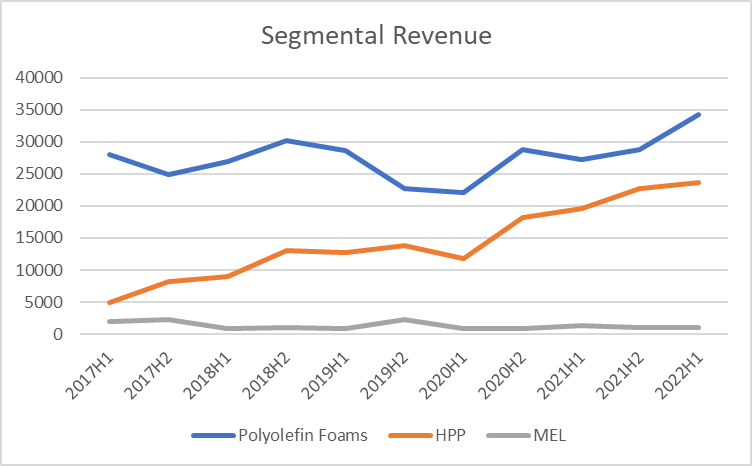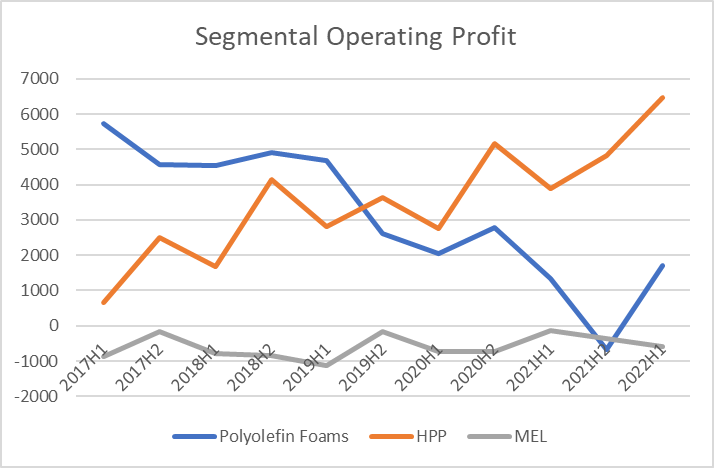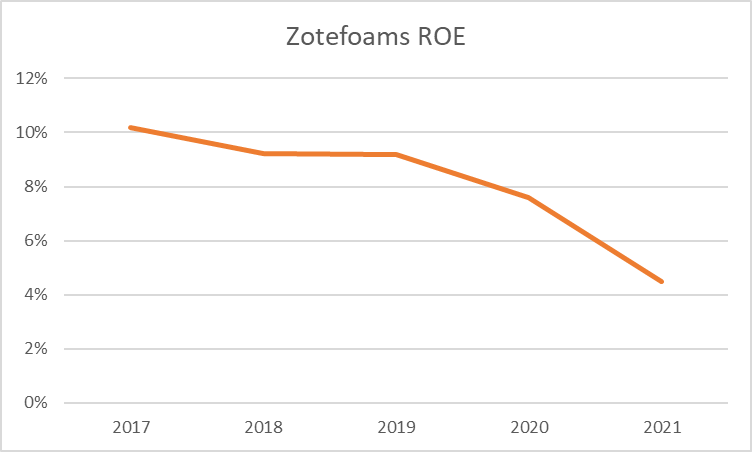In last week’s article, I introduced a 100-Baggers screen. Similar to my Buffett and Munger screen from the previous week, the results perhaps contain far more misses than hits. This is the nature of Quality Investing, which is analytically very difficult. With perhaps just 4% of listed companies having a sustainable competitive advantage over the long term, and far fewer than that having the ability to profitably scale, the odds make it a challenging task to find these types of stocks.
However, the learning from Buffett and Munger shows that if you can identify a company with a genuine moat, scale to expand sales, and don’t overpay, the long-term returns are great. The 100-baggers study demonstrates that, if you add operational leverage to the mix, the combination of rapid earnings growth and a multiple re-rating makes the returns phenomenal. This framework of Runway (the ability to scale), Moat (Sustainable Competitive Advantage), Operational Leverage and Low Multiple (Cheap) therefore provides a good way of assessing how likely a company is to generate high returns in the future.
One of the major concerns of readers of my last article is that these methods may not work in the UK markets. After all, most major stock market studies, such as Thomas Phelps’ 100-baggers, are US-based. The US tends to have more technology and healthcare stocks, where IP or network effects provide strong moats. However, these are not the only type of moats and only focussing on these may miss out on great companies in other spheres. In the comments on last week's article, timarr pointed out a study by Lindsell Train that shows that UK companies have delivered these exceptional returns in the past:
There are 12 companies in the current FTSE 100 and FTSE 250 which have at some stage delivered a 100-fold return to their investors – from a low to a peak. Let’s list them. From the FTSE 100: Ashtead, Antofagasta, DCC (up 525 times!), Next, Randgold Resources and Sage. From the FTSE 250: Cairn Energy, Capita, Daejan Holdings, Domino’s Pizza, JD Sports and Tullow Oil.
Lindsell Train also found that another 12 companies had increased between 50-100 times and 65 companies increased between 20-50 times. And a further 82 have gone up at least 10-fold at some point since the mid-1980s. That makes 171 companies or half of the FTSE350 that would count as…










